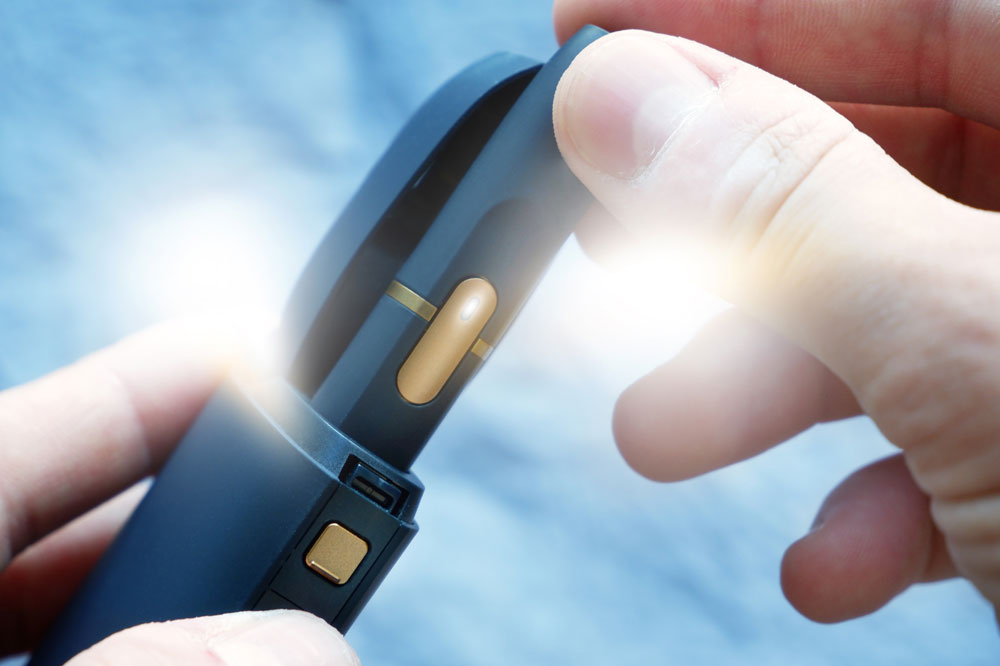
Philip Morris International has published an overview of governments’ perspectives on heated-tobacco products on its website.
The piece touches on the situation in the United States, where the Food and Drug Administration in July 2020 granted modified-risk orders with reduced exposure information for the company’s IQOS system, and that in the United Kingdom, where Public Health England (PHE) releases a regular report on the evidence behind cigarette alternatives.
The fourth such PHE review, published in February 2018, included information on heated-tobacco products. The agency found that heated-tobacco products are likely to expose users and bystanders to lower levels of particulate matter and harmful and potentially harmful compounds than traditional products.
PMI looked at the situation in other countries too.
In Germany, the Federal Institute for Risk Assessment has analyzed the aerosol of IQOS tobacco-heating system and found reductions in selected toxicants compared to cigarette smoke. The study states that while further studies are required to address the magnitude of exposure reduction, the measured reductions “lead to the relevant questions of putatively reduced health risks.”
The Dutch Ministry of Health, Welfare and Sport in 2018 concluded that “The use of heatsticks with the IQOS is harmful to health but probably less harmful than smoking tobacco cigarettes” based on its aerosol chemistry measurements.
In April 2020, the Superior Council of Health in Belgium confirmed that the in vitro and in vivo studies show reduced exposure to harmful products and, subsequently, reduced subchronic toxicity after exposure to heated-tobacco products relative to conventional cigarettes.
A study by the Japanese Department of Environmental Health concluded that “The concentration levels of hazardous compounds in the mainstream smoke of IQOS are much lower than those in conventional combustion cigarettes.”
The Korean Ministry of Food and Drug Safety (MFDS) issued a statement on products that heat rather than burn tobacco based on measurements performed in its own laboratories of three heat-not-burn (HnB) products, including IQOS.
The MFDS results confirm significant reductions of harmful and potentially harmful constituents in HnB products compared to cigarettes—but doesn’t discuss them. Instead, MFDS mentions that HnB products also contain carcinogens, like benzopyrene and benzene. What it fails to mention is that the levels measured are more than 10 times lower compared to the levels present in cigarette smoke, according to PMI. The company’s public comment on the MFDS statement is available here.











